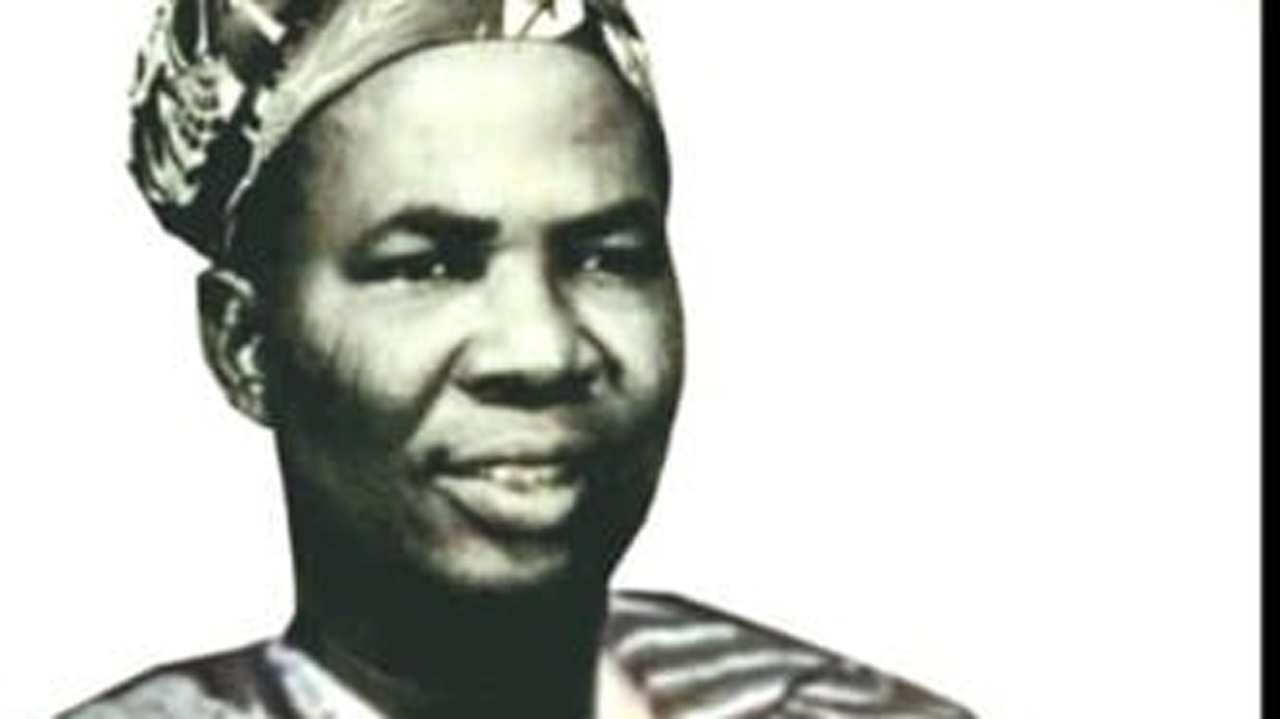Executive Director of Corporate Accountability and Public Participation Africa (CAPPA), Mr Akinbode Oluwafemi, yesterday, charged journalists to contribute to the conversation on sugary drinks and their impact on public health and Nigeria’s economic future.
He appealed in Enugu during the kick-off of a two-day Journalism Training on Sugar-Sweetened Beverages (SSB) Tax and Industry Interference.
At the training, being attended by journalists drawn from the five states of the South-East, he explained that Nigeria stood at a critical public health and economic crossroads with the increased consumption of SSB.
He added that the country was faced with an alarming rise in non-communicable diseases (NCDs), such as Type 2 diabetes, heart disease, and obesity.
“These diseases, once considered rare, are now commonplace, cutting across income levels and age groups.
According to him, there is an aggressive sugary drinks industry that manufactures and profits from unhealthy diets, while deploying misinformation campaigns and lobbying to delay or block life-saving policies and interventions, such as the SSB tax.
He called for the imposition of SSB tax on sugary drinks, saying it would discourage excessive consumption, reduce sugar-related diseases, and generate revenue for health promotion.
“In Nigeria, this tax was introduced in 2021 at N10 per litre of any sugar-sweetened, non-alcoholic beverage, and carbonated drinks.
“From the outset, Nigeria’s current N10 per litre SSB tax, while well-intentioned, is and has always been ineffective. What does this mean?
“For a tax meant to increase retail prices and reduce consumption of sugary drinks, N10 per litre was simply too small to make an impact,” he said.
Oluwafemi noted that research had shown that an increase of the SSB tax to at least N130 per litre remained the effective threshold on sugary drinks for Nigeria.
An SSB tax, according to him, that creates at least a 20 per cent increase in the retail prices of sugary drinks can lead to a proportional reduction in consumption.
He said: “We must remember that public health is a human right, not a privilege to be negotiated with corporate interests. Nigerians deserve policies that protect their health, not appease multinationals.
“This is where you, our esteemed journalists, come in. Your voice can either amplify the truth or echo industry propaganda. You have the power to inform the public about the devastating health impacts of sugary drink over-consumption.”






